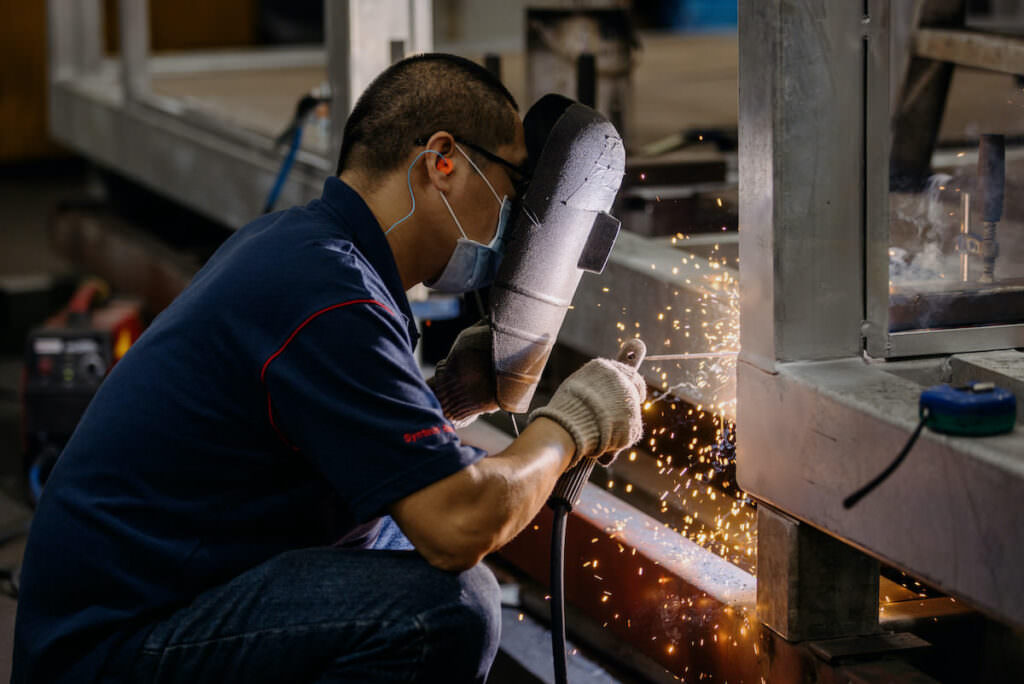
It’s estimated that an average of 2,300 summonses were issued annually for illegal modifications done to both light and heavy commercial vehicles between 2020 and 2022. With about 8,500 transport companies currently operating in Singapore, it has become more important than ever to understand the types of commercial vehicle modifications that can be done.
For the most part, certain commercial vehicle modifications are needed to increase vehicle safety and performance. This is particularly the case for vehicles that need to be modified to do specific functions. With that in mind, here are the aspects that we will be highlighting in this post.
- Types of commercial vehicle modifications
- Regulations that govern these modifications
- Understanding the modification process
- Tips to choose the right modification workshop
5 Types of Commercial Vehicle Modifications

While general modifications are frowned upon in Singapore, there are a few that can be done, provided they adhere to the regulations set out in Singapore legislation. Here is a list of the essential vehicle modifications that can be done.
- #1: Chassis extensions and alterations: For the most part, your vehicle chassis is the frame that supports the vehicle’s engine and transmission. It also significantly contributes to safety and driving dynamics. Extensions and alterations happen when additional segments are welded into the initial frame to extend the vehicle wheelbase. This may also be done to extend wiring harnesses for sensors and lights.
- #2: Installation of additional axles: Commercial trucks with additional axles have a better weight-carrying capacity. This is essential for heavy-duty vehicles that carry large loads or even garbage trucks.
- #3: Modification of suspension systems: Typically, suspension modifications improve your commercial trucks’ ability to turn safely, take sharper corners and also reduce body roll. Having a modified suspension system makes it easier for drivers to stay in control of their vehicles when they’re driving in adverse conditions. Upgrading the vehicle’s suspension also reduces general wear and tear.
- #4: Installation of additional lighting: Adding extra lighting to your vehicle makes it easier for the driver to illuminate the road and surrounding traffic. It’s also considerably easier to notice obstacles, pedestrians and traffic signs. This is especially helpful when driving large vehicles such as cement trucks during the dark or heavy fog. Extra lights also make it easier for other vehicles to see the truck.
- #5: Installation of specialised equipment (e.g. cranes, lift gates): Depending on the nature of your truck, it might be necessary to add specialised equipment. One of the more common modifications includes adding lift gates or cranes as these make it easier to lift heavy loads onto the back of the truck. This in turn eliminates the need for a person to do it and reduces the potential risk for injury. Using a lift gate is more efficient than hiring an additional forklift to lift loads onto the truck.
For a more in-depth understanding of other modifications that are or are not allowed, consider reading this informative article from One Motoring which is a Singapore Government Agency website.
Regulations Governing Commercial Vehicle Modifications in Singapore
Before you set out to schedule modifications to your vehicles, it’s important to understand the regulations that govern commercial light and heavy vehicles in Singapore. The most significant of these are listed below.
- Land Transport Authority (LTA) regulations: Essentially, the LTA is a statutory board under the Ministry of Transport that regulates Singapore’s land infrastructure and systems used. Vehicles need to comply with the regulations specified to drive and operate on Singapore roads. Fines and penalties can be quite extensive and illegal modifications can result in up to $1,000 or even 6 months’ imprisonment.
- Workshops and Inspection Centers (WIC) regulations: All vehicles need to be inspected before they are deemed roadworthy. This is done by making an appointment via the LTA hotline or website. Regular testing includes inspections of the steering, breaking, and general operation. The vehicle is also checked for modifications. Any deviations from the modification standards may result in more extensive testing, referred to as the Enhanced Inspection Regime (EIR).
- Singapore Accreditation Council (SAC) regulations: This council ensures that the workshop and mechanics working on your modifications are accredited to the SAC regulations. This ensures that the person performing the modifications is skilled in regulations as well as safety features. This will ensure that no unauthorised or unsafe modifications are done.
The Modification Process
If you’re looking to add a new truck to your existing fleet you may need to consider the necessary modifications to make it suitable to the job function you need it to perform. Here’s a step-by-step guide to the modification process.
- #1: Identifying the modifications required: Your first step will be to identify the necessary modifications required. This means having a clear understanding of what you need the vehicle to do as well as the benefits that the modifications will add.
- #2: Obtaining the necessary approvals from LTA and WIC: Check the LTA and WIC guidelines and obtain permits and approvals where necessary. You can review these requirements on the LTA website. It’s also a good idea to speak to fellow business owners who may have made similar modifications. The workshop you’re using will also be able to advise you of the necessary tests and approvals that you need to obtain beforehand and after the work is completed.
- #3: Engaging an approved modification workshop: Modifications should only be done by an approved modification workshop. This is to ensure that the modifications are made within the guidelines set out by the LTA. Having accredited experts working on your vehicle will also ensure that these modifications are done safely.
- #4: Conducting the modification work: Once the modifications have been approved, the accredited workshop can go ahead with the authorised additions.
- #5: Obtaining a new vehicle approval (NVA) from LTA: Once the modifications are finalised, a report must be obtained from the NVA to register the modified vehicle.
- #6: Ensuring the modified vehicle passes all necessary inspections: Your newly modified truck must be inspected at a registered testing centre and once the vehicle passes all the required inspections, it can be licensed and will be ready for use.
4 Factors to Consider When Choosing a Modification Workshop
When your company is considering a particular modification workshop, there are several factors to consider. These are listed below.
- #1: Accreditation and certification: The modification workshop you’re considering must be able to provide you with the necessary accreditation and certification. This will give you peace of mind that the modifications are done by experts who have been tested and certified.
- #2: Experience and expertise: Check their website or local listings for the workshop’s general expertise in the area of modifications your commercial trucks will need. Check how many similar modifications they’ve done. You should also check whether there are any negative online or local reviews from other business owners in the area.
- #3: Quality of workmanship: Wherever possible, review the quality of previous workmanship on other vehicles. You can do this by speaking directly to any previous references. Be sure to ask for photos of previous work as this will help you determine whether or not the mechanics have a clear knowledge of industry specifics.
- #4: Cost and timeline: Compare costs as well as the estimated timeline. Be wary of estimates or quotes that seem considerably cheaper than their competitors. You should also keep in mind that certain types of modifications will require a specific turnaround time. If you require the vehicle urgently, be sure to discuss this with the engineers and mechanics, as they may be able to accommodate you sooner.
Work with Syntech on your modifications
It’s crucial to keep any prospective modifications well within the LTA and WIC regulations. This will avoid potential fines and penalties as well as having the vehicle removed from the road. Ultimately, a commercial vehicle modified correctly will ensure that your vehicle, the staff operating it and other people on the road remain safe at all times.
Before attempting to do your own commercial vehicle modifications or using an underqualified workshop, we recommend opting for the experts! Our Syntech experts are not only accredited but also experts at customising trucks to your exact needs.
Contact us here if you’re looking to modify your commercial vehicles
